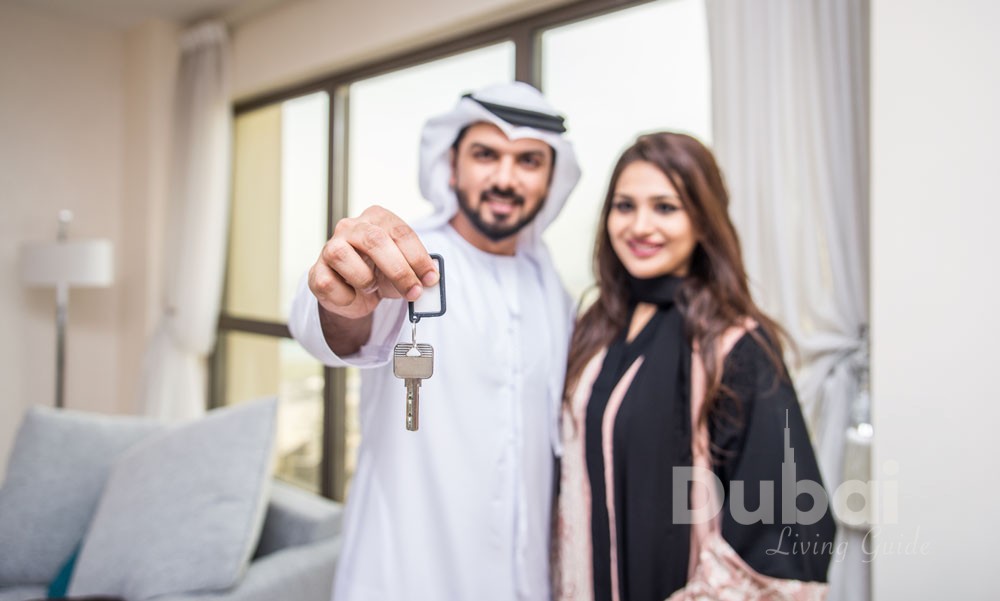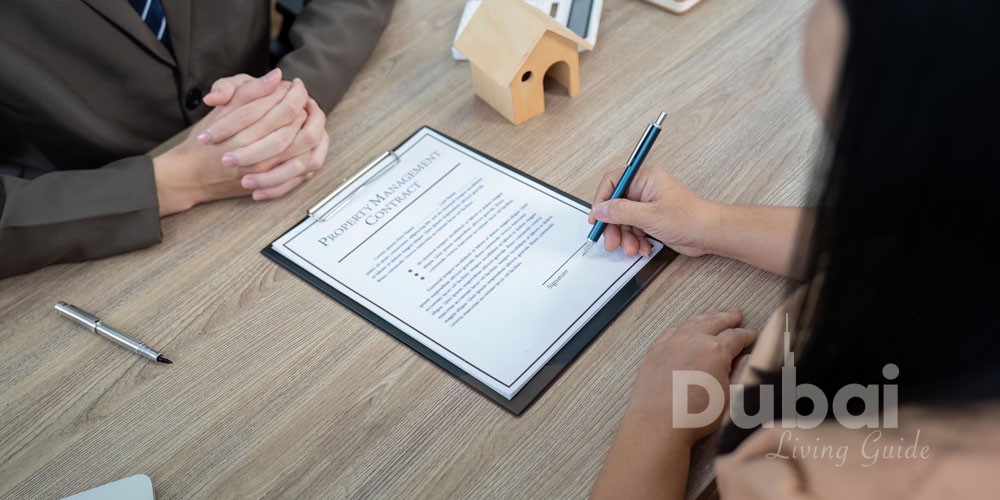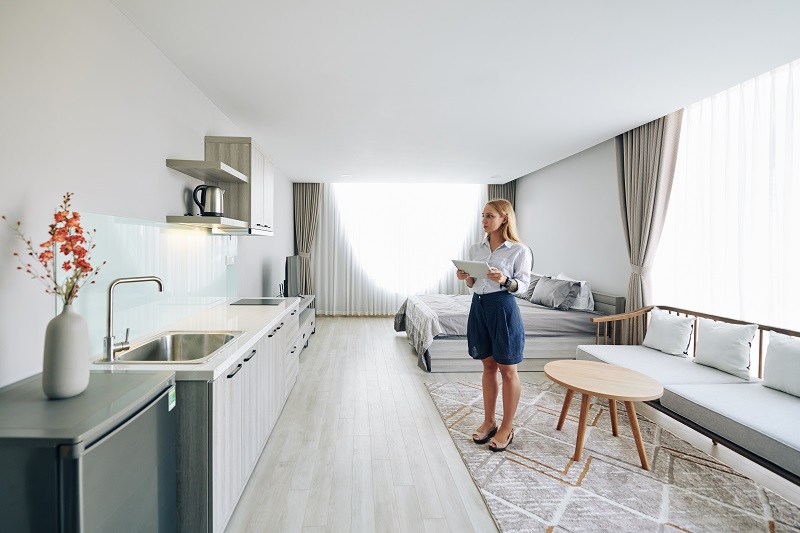Having lived in Dubai for many years and being a professional financial planner, I have been a guide to so many people in the procedure of a mortgage in Dubai, a lively town. Today, I am happy to let you know about my expertise which comes from my personal experience and knowledge. Therefore, I am offering a complete guide on how to get a mortgage in Dubai.
Understanding the Dubai Real Estate Market
Before we analyze practical instructions on how to obtain mortgage loans, we may talk about the most vital idea which is the real estate market of Dubai. Dubai has become a worldwide business and tourist center, attracting investors, and new inhabitants each year. The city’s real estate market is a very diverse one, offering several alternatives from luxurious apartments to conveniently located villas for different categories of buyers.
Why Consider a Mortgage in Dubai?
For many, the choice of purchasing a property in Dubai via a loan is not only the most reasonable financial decision but it is also the most practical one. It is an important financial technique because it helps you to put money into an estate property while not all your savings are put together. Beyond this, the city’s constant growth and development may be a masterstroke in the long run of the property market.
Steps to Get a Mortgage in Dubai
1. Check Your Eligibility
The first step to getting a mortgage is finding out whether you are eligible for a mortgage. On a general note, both foreign residents and residents of Dubai are welcome to apply for a mortgage. Nevertheless, their requirements might be somewhat different. If you are a resident, you will need to:
-
- Be at least 21 years old
- A minimum income of AED 15,000 per month should be in your pocket
- Having employment experience for a minimum of 6 months
- Your credit score has to be good
2. Gather Necessary Documents
To apply for mortgage, you will be required to bring the necessary documents with you. Usually, these will include:
-
- Passport and visa copies
- Emirate’s ID (for residents)
- Bank statements for the last six months
- Salary certificate or employment contract
- Evidence of any supplemental revenue
- Profiles of your existing credits or other financial obligations
3. Research and Compare Mortgage Options
There is a multitude of mortgage options available from various banks and other financial institutions in Dubai. Therefore, it is essential to research these and choose the one which is most suitable for you. Consider parameters like:
-
- Rate of interest
- Tenure of loan
- Highest loan amount
- The immediate need of a payment
- Processing fees
- Early settlement charges
4. Calculate Your Budget
Budget estimation is an initial phase while engaging a mortgage arrangement. Think about the amount you receive per month, the number of your prior loans, and the probable monthly loan repayments. As a rule of thumb, your mortgage payments should not exceed 30%-35% of your monthly income.
5. Apply for a Mortgage Pre-Approval
As long as you have already approved the bank from which you want to get a mortgage, the next step is to apply for a mortgage pre-approval. This includes submitting your documents to the bank who will look through your financial situation and your credit history. They will give you a pre-approval letter which would determine the highest sum available to borrow you.
6. Find Your Property
With the pre-approval certificate, you can start looking for a property in your comfortable range. Analyze each premise’s location, type of property, and the probabilities for it to appreciate in value.
7. Property Valuation
Once you spot a property, the lender will survey it to ensure it complies with their standards and also to estimate a purchase price. Property assessment is a vital point in the loan lending practice.
8. Final Mortgage Approval
Subsequent to property valuation, the bank will inspect your application and the data about the property. In case everything is fine, they will send a final mortgage offer letter.
9. Complete the Purchase
Having got the mortgage offer, you would be able to buy the property. To be specific, you will sign the sale agreement, pay the deposit, and then pass through other legal activities.
Types of Mortgages in Dubai
The issue of getting a mortgage in Dubai and different mortgage types that you may encounter can be broken down as follows:
-
Fixed-Rate Mortgages
They display a steady interest determination for a given period, normally 1-5 years. When this period is up, the rate might be revised in light of market situation alterations.
- Variable-Rate Mortgages
Such interest rates are not steady and are liable to changes in the market instances. Initially, their rates tend to be at low levels; however, there has been observed to be a higher probability of rates moving higher.
- Islamic Mortgages
Unlike the conventions attached to these mortgages, these Sharia financial products are structured and provided under different rules available mostly from the Islamic banks and some conventional banks in the form of Islamic windows.
Key Considerations When Getting a Mortgage in Dubai
Down Payment
For foreigners, the minimum down payment for properties less than AED 5 million is 25% and for properties larger than this is 35%. However, the ones who are United Arab Emirates citizens might need a smaller down payment.
Mortgage Cap
With the purpose of regulating the market, the UAE Central Bank has established mortgage limits. The loan-to-value (LTV) ratio for non-nationals is 75% for properties below AED 5 million and 65% for properties above this value.
Fees and Charges
On top of the mortgage, there are some other charges to include in the budget, such as:
-
-
- A property registration fee (4% of the property value)
- Mortgage registration fee of 0.25% of the loan amount
- Valuation fee
- Life insurance premium
- Property insurance premium
-
Case Study: Successfully Obtaining a Mortgage in Dubai
Now I would like to share one case that recently happened to me while working on a client’s mortgage in Dubai. It is a case of Sarah, a 35-year-old woman with a professional career working as a financial advisor who tried to purchase a 2-bedroom apartment in Dubai Marina for AED 2 million.
It all began with checking out her financial situation. Sarah, with a steady monthly salary of AED 30,000 and almost no existing debts, was in the best position to take the leeway provided by the mortgage. We pulled some offers from different banks and reviewed it.
Following a careful thought, Sarah decided on a fixed-rate mortgage that had a 3.99% interest rate for the first two years. The bank approved a loan for 75% of the property value (AED 1.5 million) with a 25-year tenure.
Sarah funded AED 500,000 as down payment on the property and about AED 135,000 was paid as various fees. Her monthly mortgage payments will be in the neighborhood of AED 8,000, a sum she can afford without trouble.
This case is the culmination of how detailed analysis of the facet and the right understanding of the process can lead to a successful mortgage application in Dubai.
Conclusion
The process of getting a mortgage in Dubai could be seen as very challenging at the start. However, with the right information getting the loan could be a simple and quick process. The most mutual advice- understanding your requirements, investigating options you have and planning your fiscal matters carefully will let you accomplish the task of dwelling in this beaming city, United Arab Emirates, at your new home as the property owner.
The key issue to remember in the context of personal credibility is that the approach that works for one person may not be the best fit for another. It is always preferred to receive advice from financial analysts as well as loan experts to get the best decision that meets your current status.
Along the way as you are on the path of owning a property in Dubai, you should keep these key factors in mind; learning the market, and learning from others making use of the gained information. Patience and diligence will lead you to the finishing line of ownership of your dream property in Dubai.











